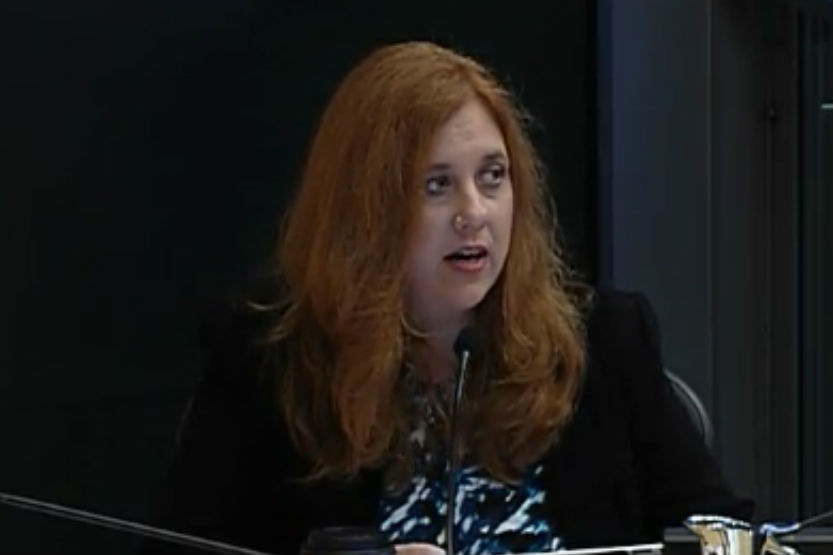Today at 9:30 a.m. the Seattle City Council’s CRUEDA committee will vote on a “secure scheduling” bill whose unadulterated passage has become the paramount goal of Seattle union activists in the few weeks left before budget season dominates council’s attention. Among other things, the bill would require employers of 500+ workers in retail or foodservice (and 40+ worldwide locations for full-service sit-down restaurants) to pay extra to workers whose schedules are changed with less than two weeks notice.
Lisa Herbold chairs the council’s Civil Rights, Utilities, Economic Development and Arts (CRUEDA) committee, where she’s joined by co-chair Kshama Sawant, Mike O’Brien, and alternate Bruce Harrell. However, any councilmember can vote on any committee they show up to. Herbold says she expects Tim Burgess and Debora Juarez to attend, and Herbold, Harrell, Sally Bagshaw and M. Lorena González have all proposed amendments to tweak features of the bill. For instance, González wants to include “supported employment” among the types of employees that would be exempt from parts of the secure scheduling ordinance.
Herbold says she expects the committee to approve both the amendments and the final bill (though it will go to a full council vote regardless). “Councilmembers can always abstain from voting in committee,” she says, “but I’m not expecting any votes in opposition” to the final bill.
The vast majority of testimony from affected workers at council hearings on the bill has been in favor of it. Union advocacy group Working Washington compiled a two minute series of moments from pro-secure scheduling testimony:
We’ve written about secure scheduling previously. Here’s a summary of the bill’s five components from a memo authored by non-partisan council staff:
1. Good Faith Estimate. Employers must provide a good faith estimate of an employee’s hours and employees have a right to request input into their work schedule.
2. Right to Rest. Employees have a right to rest between scheduled work hours.
3. Advance Notice. Employers must provide each employee with written notice of work schedules at least 14 calendar days in advance of scheduled work.
4. Additional compensation for work schedule changes. Employees are entitled to compensation for work schedule changes in some circumstances and employees are required to seek coverage for scheduled hours they cannot work in some circumstances.
5. Access to Hours. Employers must provide existing employees access to additional hours before employers new employees are hired, with a recognition of diversity and youth hiring programs.
UPDATE. After a lot of public testimony and a lot of haggling over specific amendments, the bill was approved unanimously by the five present councilmembers. The entire council has nine councilmembers.








